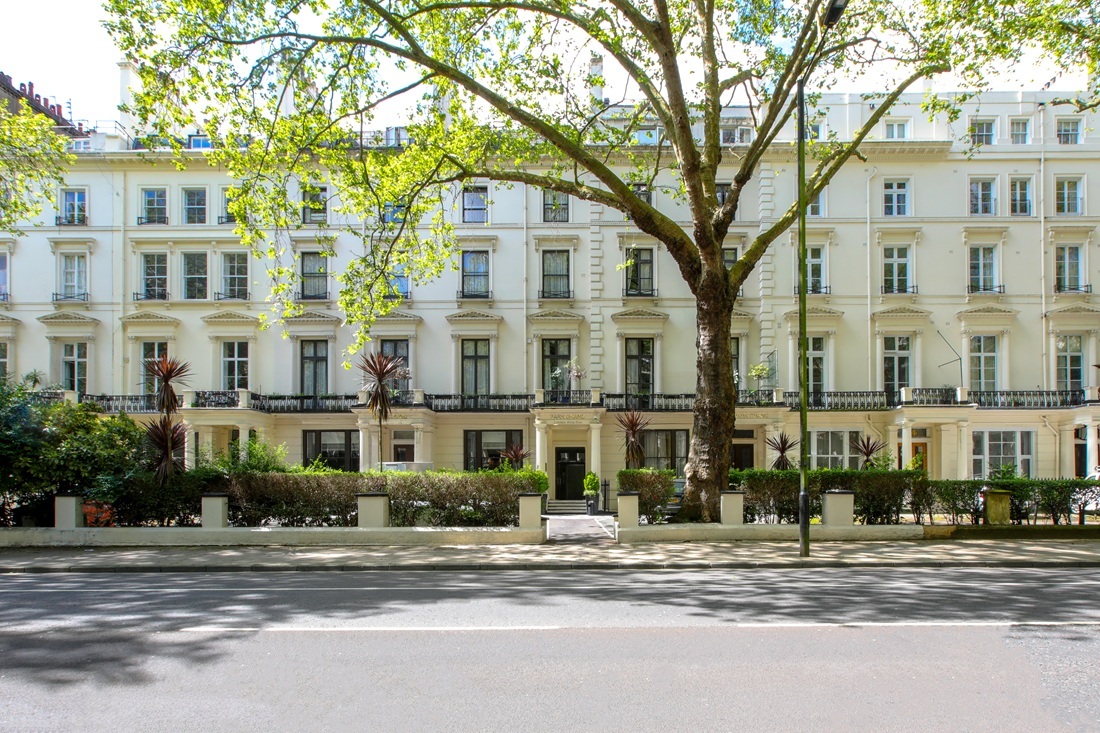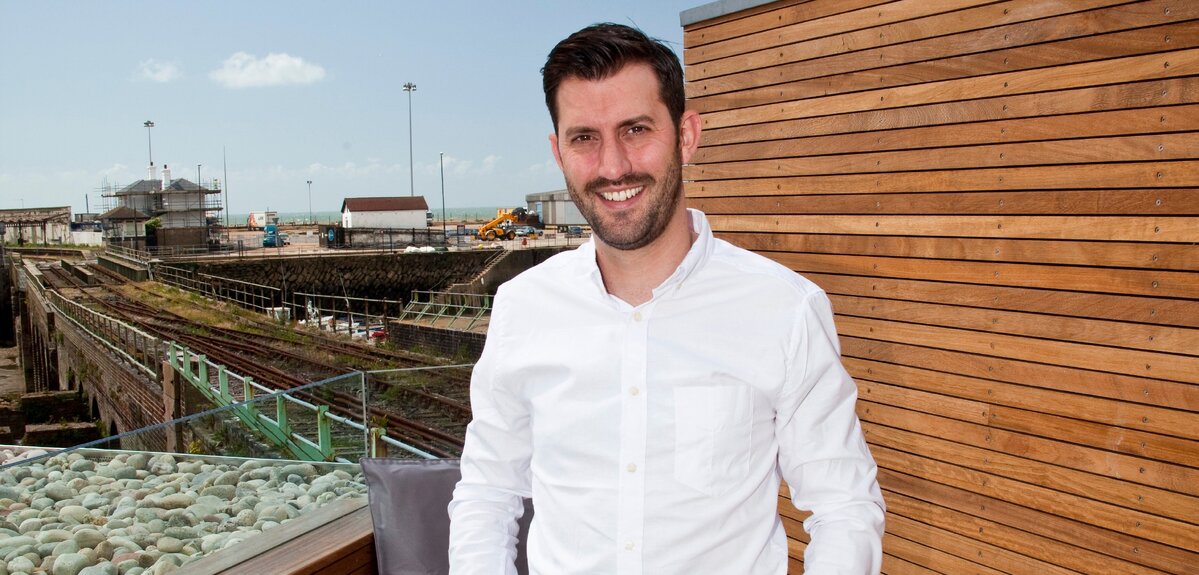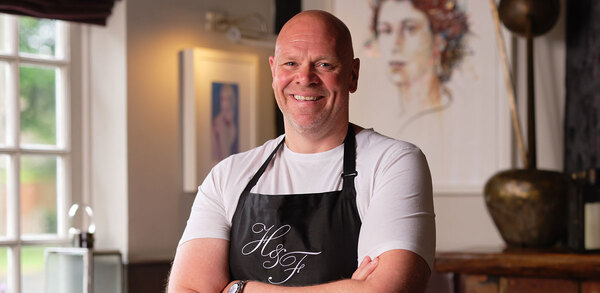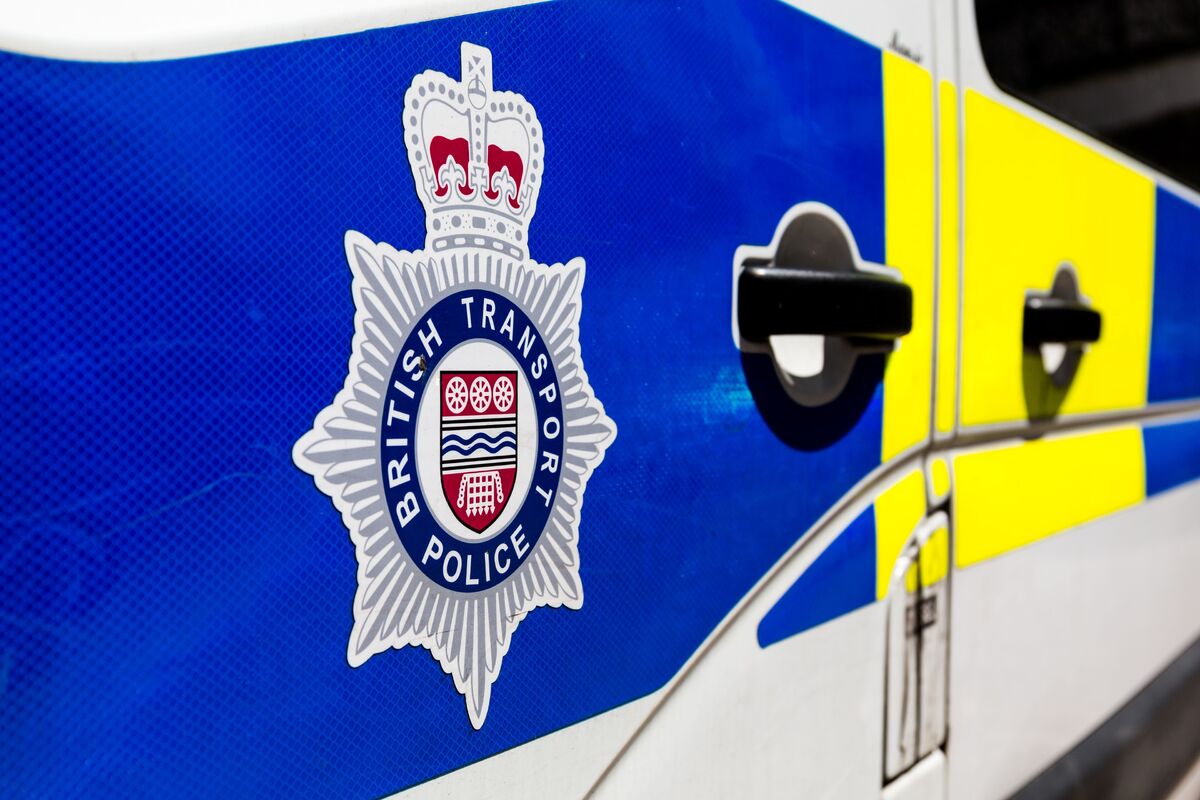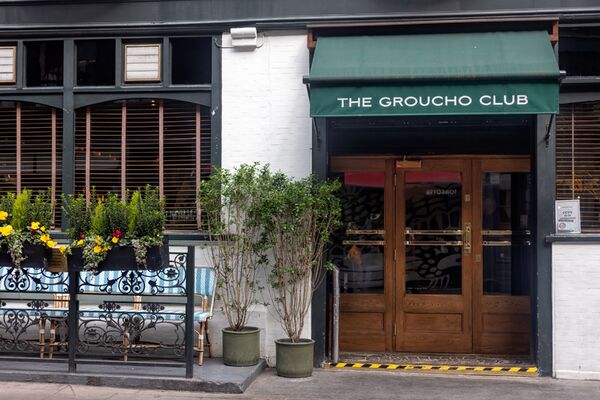Toolkit for tackling slavery in hospitality sector launched
A guide to help hotels tackle modern slavery in the hospitality sector has been launched by the University of West London (UWL).
The guide has been published as part of project Combat and offers practical measures for hotels to minimise the risk of human trafficking on their premises. It includes case studies from human trafficking victims, reference guides and training materials.
Combat is the result of two years of research by the UWL, Oxford Brookes University, the Lapland University of Applied Sciences in Finland and the Ratiu Center for Democracy, with funding by the European Commission's Prevention of and Fight against Crime programme.
Businesses can access the toolkit here.
Report co-author, Professor Alexandros Paraskevas (pictured), chair of hospitality management at UWL's London Geller College of Hospitality and Tourism, said: "We hope the Combat project will help to eradicate the scourge of modern slavery, which the hospitality and tourism industry is determined to tackle.
"Combat is an important resource for hotels to reduce their exposure to the risk of human trafficking. This is a significant and ongoing issue and more research is needed if our ambition to stop human trafficking is to succeed."
Last month, a network to combat modern slavery in UK hotels was launched, with backing from Shiva Hotels, Hilton Worldwide and Bespoke Hotel.
The Stop Slavery Hotel Industry Network will assess the risks of ethical recruitment, sexual exploitation and responsible supply chains. Led by the Shiva Foundation, a corporative body set up by Shiva Hotels, the initiative was unveiled at the annual Trust Women Conference.
Study aims to tackle hospitality's role in human trafficking >>
Shiva Hotels to launch anti-trafficking charter >>
Viewpoint: The invisible risk of human trafficking >>
Are some hotels turning a blind eye to human trafficking? >>
Latest video from The Caterer



